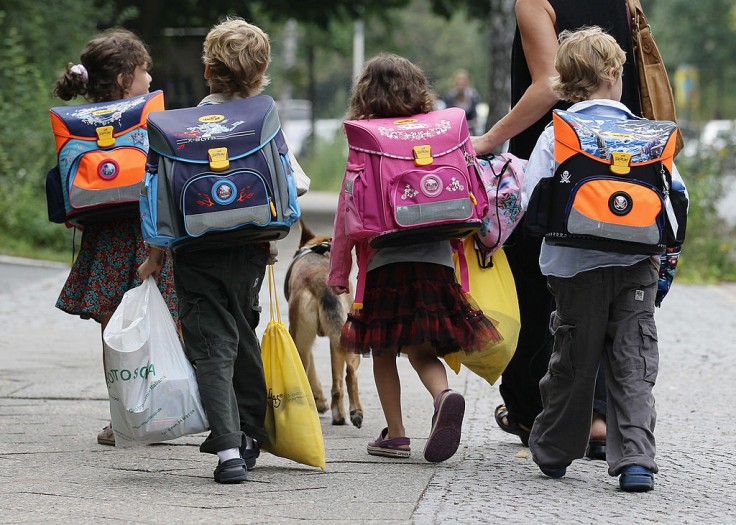
Moving to a new school can be an exciting yet challenging experience for children. Each child's experience in adapting to a new school varies; some may quickly find comfort, while others may require several months to fully adjust.
The length of the adjustment period primarily relies on your child's unique personality, temperament, and the level of support they receive. As a parent, it's crucial to provide the necessary support and guidance to help your kids smoothly transition into their new educational environment.
In this comprehensive guide, we will explore practical strategies and expert advice to assist you in helping your children adjust to a new school.
Help Your Kids Adjust To a New School
Explain the Reason for the Move
According to Verywell Family, one of the initial steps in preparing your kids for a new school is to explain the reasons behind the move. Communicate openly and honestly, using age-appropriate language, to help them understand the decision. By sharing the motivations behind the move, you can address any confusion or concerns they may have, ultimately fostering a sense of trust and security.
Provide Closure
Before leaving their previous school, it's essential to help your children say proper goodbyes. Encourage them to exchange contact information with friends and teachers, create memory books, or even organize a farewell gathering. By giving them closure, you enable them to emotionally transition to their new school while cherishing the memories they've made.
Acknowledge and Manage Stress
Moving to a new school can generate stress and anxiety for both children and parents. It's important to acknowledge and validate these emotions. As recommended by Miracle, encourage open discussions, allowing your child to express their feelings. Be patient and empathetic, reassuring them that it's normal to experience stress during such transitions. Remind yourself to practice self-care to maintain a calm and supportive presence for your child.
Maintain Familiar Routines
Consistency and familiarity can provide stability during times of change. Try to maintain your child's old routines as much as possible. From morning rituals to bedtime routines, sticking to familiar habits can help them feel grounded and secure amidst the new environment. Familiarity in their daily lives will contribute to their overall adjustment and well-being.
Support their Academic Journey
According to U.S. News, academic success is crucial for your child's overall well-being and confidence. Collaborate with their new teachers to understand the curriculum and academic expectations. Create a supportive learning environment at home by establishing a designated study area, setting realistic goals, and providing necessary resources such as books, stationery, and a quiet space for concentration. Regularly communicate with their teachers to track their progress and address any challenges promptly.
Encourage Involvement in Extracurricular Activities
Extracurricular activities offer an excellent opportunity for your child to explore new interests, make friends, and build confidence. Research and discuss available extracurricular options with your child, considering their preferences and talents. Whether it's joining a sports team, participating in a club, or engaging in arts and music programs, encourage your child to take part in activities that align with their passions. These activities can foster a sense of belonging and help them forge new connections in their new school.
Facilitate Social Gatherings
Building social connections is crucial for your child's adjustment to a new school. Arrange playdates, invite classmates over for snacks, or organize small social gatherings to help your child form new friendships. By facilitating social interactions, you create opportunities for your child to bond with peers and establish a support network. Additionally, consider attending school events and parent-teacher meetings to connect with other parents, fostering a sense of community.
Moving to a new school can be a transformative experience for your child, and as a parent, your guidance plays a vital role in their successful adjustment.
Remember, every child's journey is unique, so be patient, understanding, and adaptive throughout this process. With your support, your child will embrace their new school, thrive academically, and forge lasting friendships.